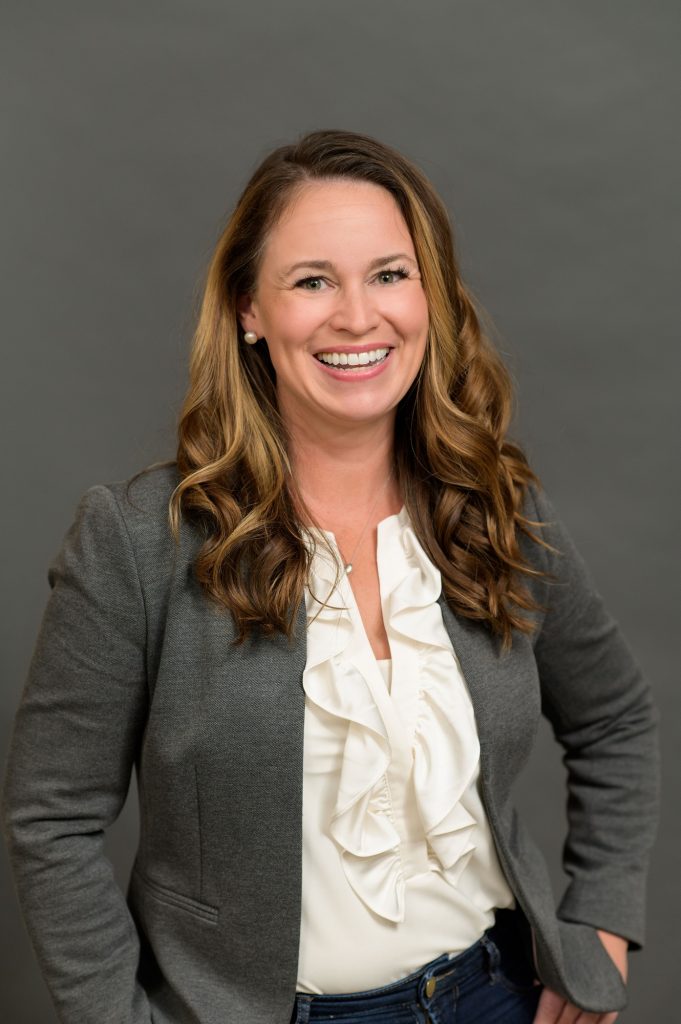
The Future of Cancer Detection:
Blood-Based Multi-Cancer Screening Tests

The field of oncology continues to evolve, with new innovations in early detection offering promising advancements in how we can detect and manage cancer. One such innovation is the advent of blood-based multi-cancer screening tests, such as Galleri, which aim to detect a variety of cancers at their earliest, most treatable stages through a simple blood draw.
In this newsletter, we’ll explore the benefits, utilization, and potential impact of these cutting-edge blood tests on clinical practice.
WHAT IS GALLERI?
Galleri is a blood-based test developed by GRAIL, designed to detect over 50 types of cancer, many of which are hard to detect through traditional screening methods. Unlike single-cancer tests, Galleri uses advanced genomic sequencing and artificial intelligence (AI) to analyze patterns in the DNA of cancer cells that circulate in the blood, known as ctDNA (circulating tumor DNA).
By identifying subtle markers of cancer that may not yet present symptoms, Galleri offers a new method for identifying cancers earlier, improving the chances of successful treatment.
BENEFTS OF BLOOD-BASED MULTI-CANCER SCREENING
Early Detection: Early detection of cancer significantly improves survival rates. Galleri can identify cancers before symptoms appear, giving patients a better chance for effective intervention. Early-stage cancers are often more treatable and have better outcomes than those detected at later stages.
Non-Invasive and Convenient: One of the major benefits of a blood test over traditional diagnostic methods (such as imaging or biopsies) is its non-invasive nature. Patients simply need to provide a blood sample, eliminating the need for complex procedures, multiple visits, or discomfort.
Detection of Hard-to-Reach Cancers: Galleri tests for a wide array of cancers, including those with no current routine screening options, such as pancreatic, ovarian, and esophageal cancers. This capability broadens the scope of early detection significantly, enabling proactive care for cancers that would otherwise be difficult to spot.
Potential for Longitudinal Monitoring: Regular screening with Galleri offers the potential to track changes over time in the genetic profile of a patient, which could help identify cancer recurrence, relapse, or the presence of new cancers in a timely manner.
Personalized Patient Care: Since Galleri provides a multi-cancer analysis, it helps clinicians focus on specific areas of concern. The test offers more comprehensive information than single-cancer tests, enabling a tailored treatment or monitoring plan.
UTILIZING GALLERI in Clinical Practice
The integration of multi-cancer blood tests like Galleri into clinical practice is an exciting opportunity, but it requires careful consideration and thoughtful implementation:
Patient Selection: Galleri is intended for asymptomatic adults, typically those aged 50 and older, who may be at increased risk for cancer due to age or family history. However, it is important to remember that over 90% of cancers are not hereditary.
Complementary to Routine Screening: Galleri does not replace standard cancer screenings, such as mammograms for breast cancer or colonoscopies for colorectal cancer. Rather, it should be used as a complementary tool to enhance early detection efforts, especially for cancers without established screening protocols.
Understanding the Results: One of the challenges with any early detection test is interpreting the results. A positive result in Galleri doesn’t necessarily confirm cancer, but it indicates that further diagnostic testing is needed to determine the presence and location of a cancer. False positives and false negatives are possible, and the results should be used as a starting point for further investigation, not a final diagnosis.
Follow-Up Testing and Diagnosis: In the case of a positive Galleri result, the next steps involve targeted imaging or biopsies to confirm the presence of cancer and determine its stage. This ensures that patients are not unnecessarily subjected to invasive procedures if the blood test was inaccurate.
Insurance and Cost Considerations: While blood-based, multi cancer screening is a groundbreaking tool, it is important to note that insurance coverage is generally not yet available. However, we expect insurance reimbursement to begin in the coming years.
CLINICAL IMPACT: Changing the Landscape of Oncology
The potential to detect multiple types of cancer from a single blood test could revolutionize oncology by reducing cancer mortality rates through earlier and more accurate diagnoses. Early detection allows for treatment to begin before the cancer has spread, which can significantly improve outcomes.
Additionally, for high-risk populations or those with a family history of cancer, this test can provide invaluable peace of mind or prompt early intervention, potentially saving lives.
As we continue to integrate such innovative tools into clinical practice, the future of cancer care appears brighter, with earlier diagnoses, better prognoses, and a greater emphasis on preventive and personalized care.
As research continues to advance, we anticipate that these tests will become an increasingly important part of routine health assessments, leading to fewer missed diagnoses and better patient outcomes.
To schedule an appointment with one of our certified Functional Medicine Physicians, please give us a call. We are excited to partner with you on your journey to optimize your health and wellness through personalized care tailored to your unique needs.
919.999.0831

Your Partner In Health,
Dr. Susan Denny
Carolina Total Wellness














